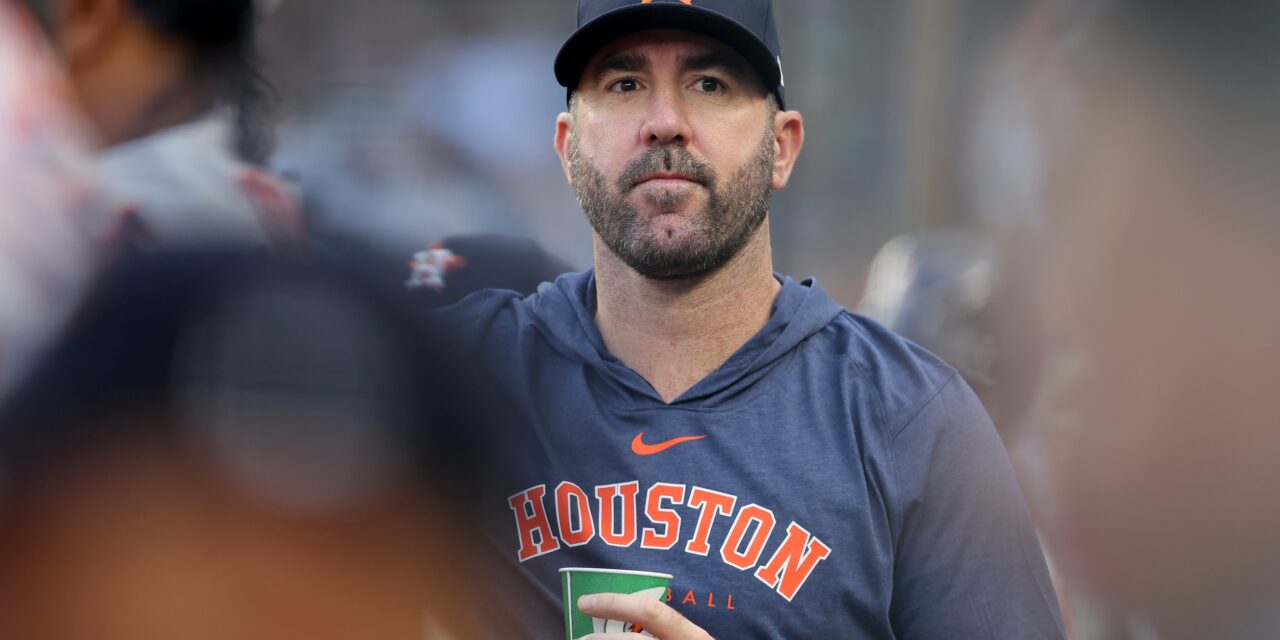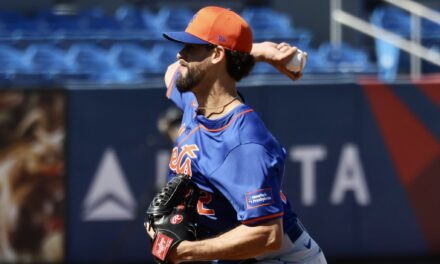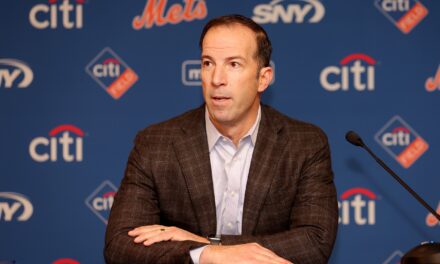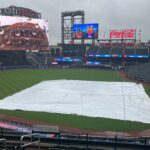Starting in the 2019 season, Major League Baseball established one trade deadline (which is on or close to July 31). After that deadline, no trades of major league players may be made. Minor league trades can be made after the trade deadline, provided the players involved had not been on a major league roster during the season.
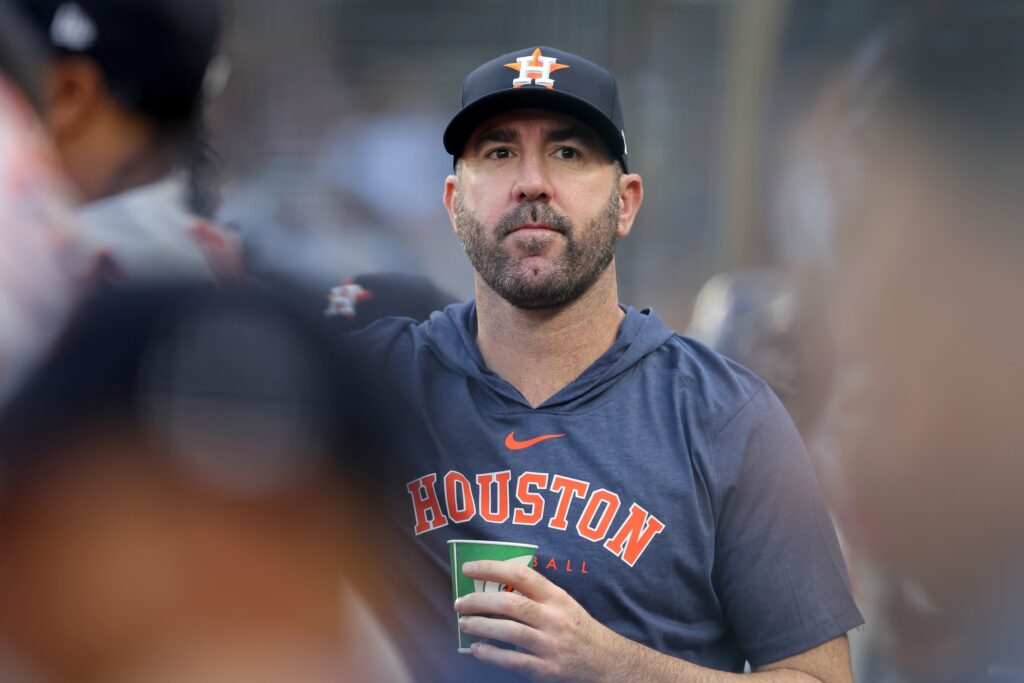
Brad Penner-USA TODAY Sports
Prior to 2019, players were eligible to be traded after the deadline, as long as they passed through revocable waivers. Essentially, players could be placed on revocable waivers, and other teams had the opportunity to claim them. Claims were awarded in reverse order of the standings, so the team with the worst record of the teams that claimed the player had the right to make a trade for that player. The player’s team could make the trade, or pull the player off waivers and keep him.
While some deals made in August prior to 2019 seemed like salary dumps, at least the original team received some compensation. Ken Rosenthal provided this example in an article in The Athletic:
The old August waiver period allowed for similar salary-shedding maneuvers, notably the blockbuster in which Adrián González, Josh Beckett and Carl Crawford went from the Red Sox to the Dodgers in 2012. But those moves at least were trades, and the Red Sox received five players in that deal — James Loney plus four prospects, none of whom amounted to much.
The 2017 trade of Justin Verlander by the Tigers to the Astros would be another example of a star player traded in August after passing through waivers for a modest return.
Now, only irrevocable waivers may be used in August, and trades cannot be made. If a team claims a player on waivers, that player automatically goes to the claiming team, once again using the reverse order of the standings. The claiming team must then pay the player the remainder of that year’s salary, or approximately one-sixth of the contract amount. It’s understandable why teams that have fallen out of the race may use irrevocable waivers. If a player is earning $15 million for a season and is not signed beyond that season, the team can save $2.5 million. The league saw several waiver claims on August 31, including Harrison Bader, Hunter Renfroe, Matt Moore, Lucas Giolito, and former Met Dominic Leone.
Teams save money and players get the opportunity to hook up with contending teams — What’s the problem? Well, Rosenthal highlights a couple.
So, is Major League Baseball good with this? Good with the Angels attempting to purge nearly one-fourth of their roster in a pure salary dump? Good with the questions the moves raise about the sport’s competitive integrity? The treatment of fans who bought tickets to see the Angels play in the final month?
Rosenthal has a point. It’s one thing for a team to “go in another direction”, or our favorite as Mets fans, “re-purpose our investments.” Making trades to acquire younger players while moving veterans is run-of-mill in sports for non-contending teams. But saying, “Go ahead, take our players, we don’t mind, plus we save money” has a different feel. It does impact the game’s competitive integrity, and it dampens fans’ enthusiasm to buy tickets in advance.
May 2: Rangers release Dominic Leone
May 4: Mets sign Leone
August 1: Mets trade Leone to Angels for prospect Jeremiah Jackson (#22 prospect in Mets’ system, per MLB Pipeline)
August 29: Angels place Leone on waivers
August 31: Mariners claim Leone off waivers pic.twitter.com/FGusabZqjC
— SNY Mets (@SNY_Mets) August 31, 2023
Take the Angels, for example. They lost several players on waivers on August 31. Sure, they’re out of the race, but they will have a significant impact on the other races going on. From Rosenthal:
Consider how the Great Salary Dump of 2023, if this indeed turns into that (which it did), might affect the AL pennant race. The Angels have three games left against both leading AL East contenders (the Orioles and Rays) and AL Central contenders (Twins and Guardians), so no problem there. But in the West, they are done with the Astros yet face both the Mariners and Rangers three times.
Then there’s the fan’s angle. When people buy tickets in advance, they assume risk. They don’t know if the team will be in contention or not. However, a September game may be the only game a family can attend in a season. Maybe the kids were excited to see a local product, like Bader. Maybe he was their favorite player. The team saw an opportunity to dump salary and did so. Okay, fine. But it’s hard to imagine how that family would be inclined to buy tickets in advance again. Is allowing trade-free salary dumps really the look MLB is seeking to have?
The August waiver process can be exciting for teams who add players. Fans can be energized. But like anything else, there are two sides to this coin. Baseball must maintain its competitive integrity and fan relations. This may not be consistent with those objectives.
Time will tell if late August is an interesting time with select players moving on waivers, or if teams take greater advantage of the opportunity to off-load salaries, and competitive integrity is impacted significantly.


